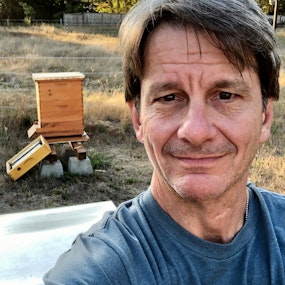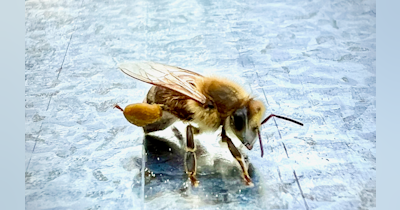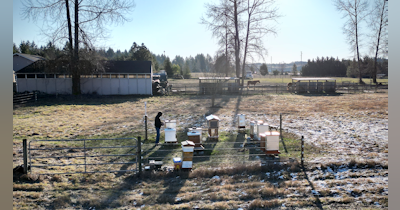Introduction
Embarking on beekeeping can be an incredibly rewarding experience, but it's not without its challenges. To ensure your first year as a beekeeper is a success, it's crucial to prepare properly and be informed about the realities of beekeeping. In this blog post, we'll delve into the essential considerations that will set you on the path to a thriving apiary.
Part 1: Importance of Local Knowledge and Mentorship
Before diving into beekeeping, it's vital to gain a deep understanding of your local environment and the specific challenges faced by beekeepers in your area. This knowledge will empower you to make informed decisions about hive placement, foraging resources, and seasonal management. Additionally, connecting with experienced beekeepers in your region can provide invaluable mentorship and support, especially during those initial learning stages. Joining local beekeeping clubs or seeking guidance from knowledgeable individuals will help you navigate the complexities of beekeeping and avoid common pitfalls.
Part 2: Realistic Expectations and Preparing for Challenges
It's essential to have realistic expectations about beekeeping and to be fully aware of the potential challenges you may encounter. Beekeeping involves ongoing care and maintenance, and it's important to set aside time for hive inspections, honey harvesting, and other management tasks. Additionally, honey bee populations are facing numerous threats, such as pests, diseases, and climate change. Being prepared to address these challenges and adapt your practices when necessary will help you create a resilient apiary.
Part 3: Practical Tips for a Successful First Year
To make your first year as a beekeeper successful, consider these practical tips:
- Start small: Begin with a manageable number of hives and gradually expand as you gain experience.
- Choose the right location: Hive placement should provide adequate sunlight, shelter from wind and rain, and access to water and forage.
- Acquire reliable equipment: Invest in high-quality hives, frames, and other essential equipment to ensure the well-being of your bees.
- Secure a reliable honey source: Ensure your bees have access to abundant and diverse nectar and pollen sources throughout the year.
- Be patient and observant: Beekeeping requires patience and a keen eye for detail. Regularly inspect your hives, observe bee behavior, and seek professional advice when needed.
Part 4: Embracing the Beekeeping Community and Resources
The beekeeping community is a valuable resource for both novice and experienced beekeepers. Joining local clubs and organizations provides opportunities for networking, educational workshops, and support from fellow beekeepers. Additionally, leveraging online forums, social media groups, and reputable websites can connect you with a wealth of information and advice.
Conclusion
By embracing the essential considerations outlined in this blog post, you can increase your chances of success as a beginning beekeeper. Remember, beekeeping is a continuous learning process, and staying informed, adaptable, and connected to the beekeeping community will empower you to navigate the challenges and reap the rewards of this fascinating and rewarding endeavor.
For more in-depth insights and practical guidance, be sure to listen to our related podcast episode, "How To Get Started With Bees - 2024, Part 1 of 4 (S6, E36)." Listen to the episode here.
You can also visit our How To Get Started in Beekeeping blog page!














